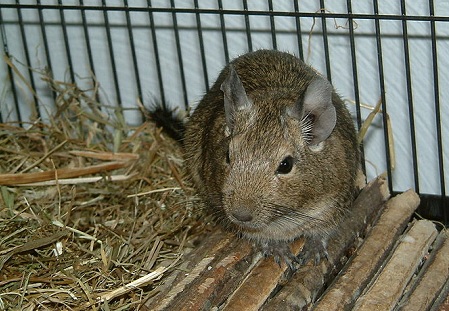Environmental Pollutants in Rodent Diets Compromise Scientific Data Reliability

Rodents are extensively used in both biomedical research and regulatory testing. Nevertheless, handling procedures and housing conditions can potentially compromise the reliability of scientific data. According to a recent study, the quality of food the animals eat on a daily basis must also be taken into account. The study’s authors analyzed 13 laboratory rodent diets from five continents and determined that rodent food is heavily contaminated by environmental pollutants, such as pesticides, heavy metals, dioxins and polychlorinated biphenyls (used as dielectric and coolant fluids). These pollutants have negative effects on liver, brain development, and reproduction. Additionally, genetically modified organisms (GMOs), resistant to the herbicide Roundup, constitute up to 48 percent of rodent diets. This analysis strongly suggests that the presence of these chemicals and their physiological effects can compromise scientific results, further denoting that animal experimentation is swayed by too many often unaccounted variables.
References
- Mesnage R, Defarge N, Rocque LM, Spiroux de Vendômois J, Séralini GE. Laboratory rodent diets contain toxic levels of environmental contaminants: implications for regulatory tests. PLoS One. Published online July 2, 2015.








